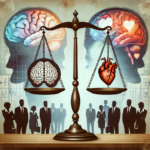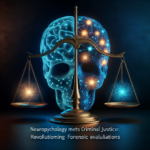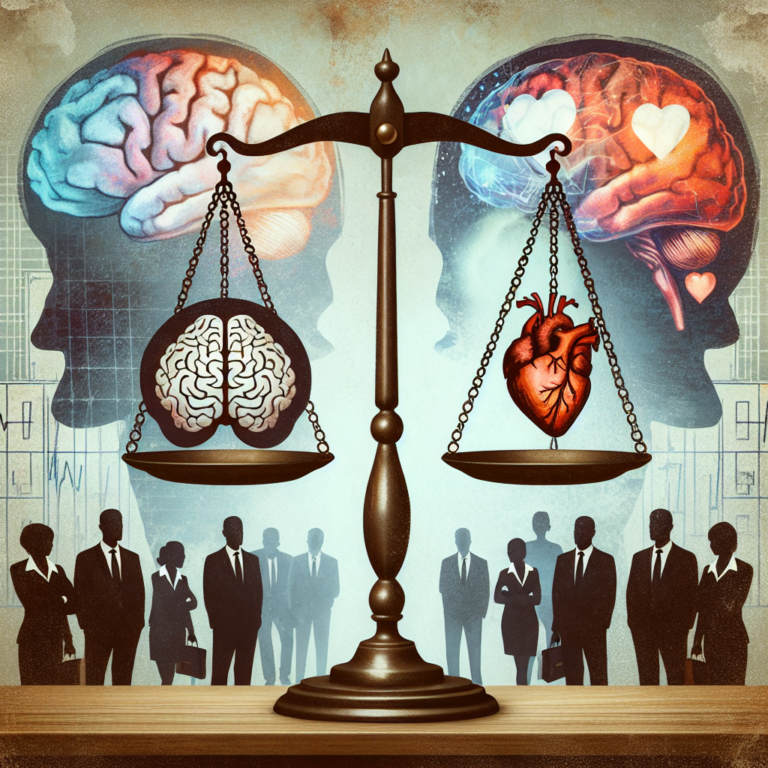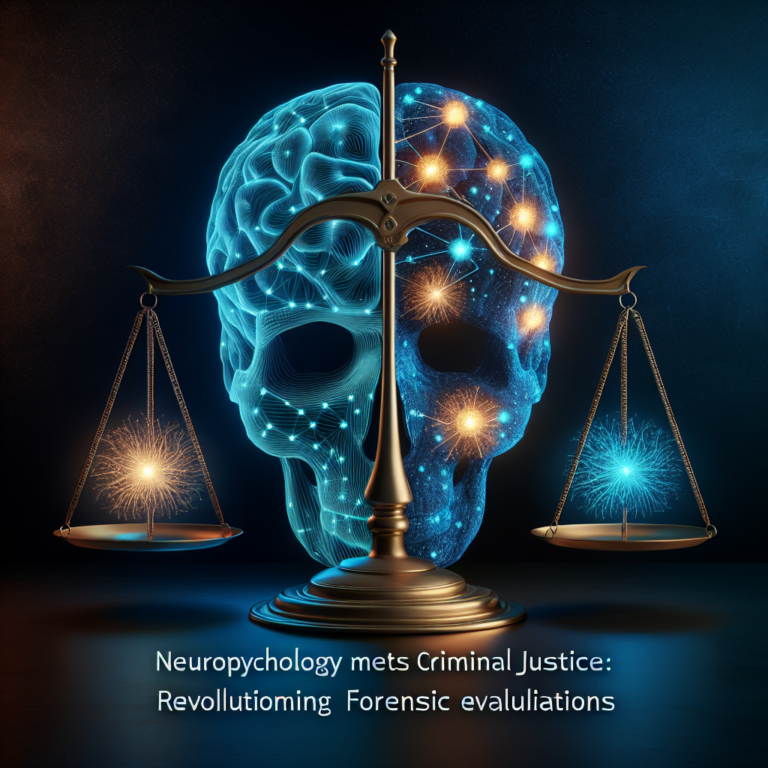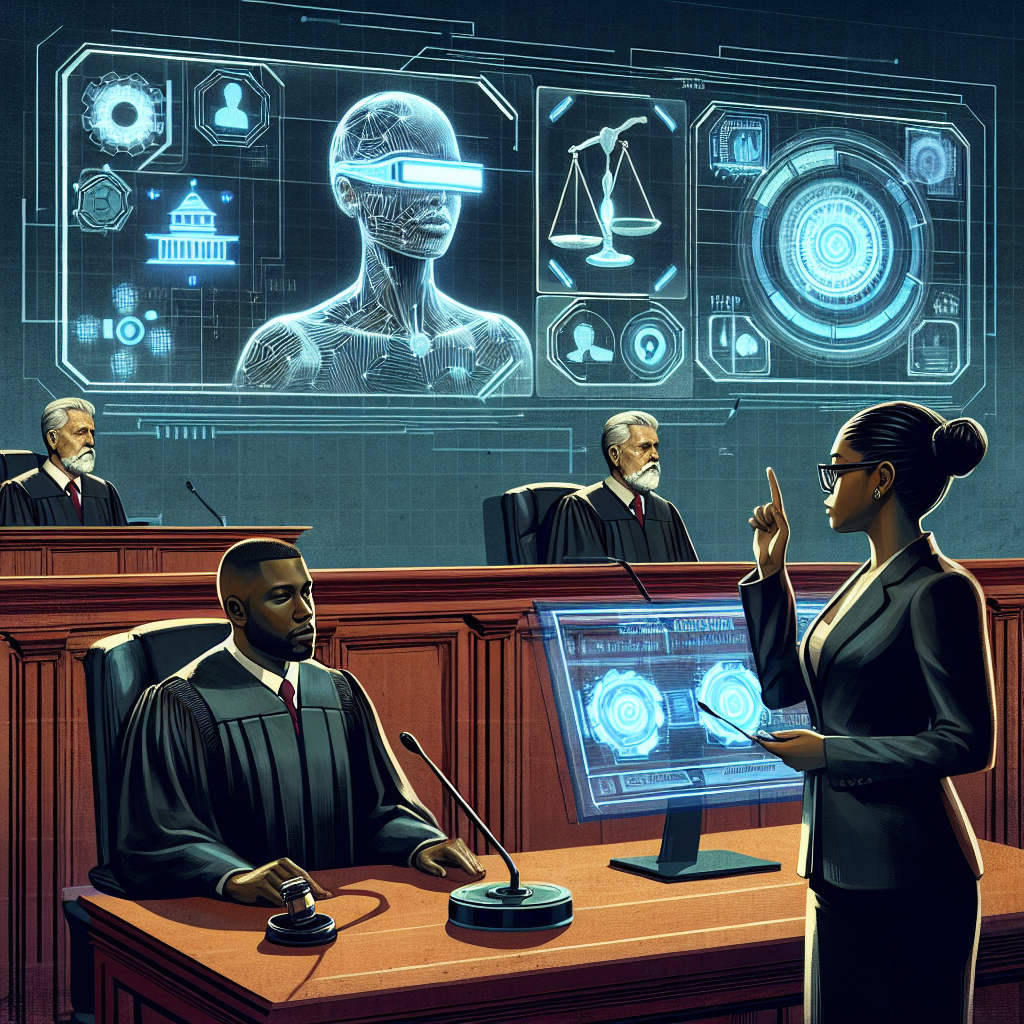
Introduction
In today’s rapidly evolving technological landscape, the legal system is facing unprecedented challenges and opportunities. The introduction of digital evidence—from emails and social media posts to digital forensic analysis—has transformed the courtroom environment. As a result, the role of expert witnesses is also adapting, making "Expert Witnesses in the Digital Age: Adapting to Technology in Court" a vital discussion for legal professionals, litigants, and the general public alike.
Within this context, expert witnesses have become indispensable. They not only provide insights but also clarify complex digital evidence for judges and juries. This article aims to provide a comprehensive look at how expert witnesses are navigating this new digital frontier, offering unique insights that underscore their critical role in contemporary legal proceedings.
The Evolving Role of Expert Witnesses
Understanding the Traditional Model
Expert witnesses have long been a staple of legal proceedings, contributing specialized knowledge to assist in the understanding of intricate issues. Traditionally, these experts came from various fields including medicine, engineering, and finance. Their roles focused primarily on providing testimony based on their professional expertise.
Digital Transformation in Legal Proceedings
However, as we find ourselves in the digital age, the traditional role of expert witnesses is morphing. Today’s expert witnesses must adapt their skills to address new forms of evidence presented in court. Digital evidence types include metadata analysis, digital footprints, and cybersecurity protocols, necessitating a fundamentally different skill set.
Case Study: The Use of Digital Forensics in a High-Profile Cybercrime Case
Consider the infamous case of a large financial institution falling victim to a cybercrime. An expert witness in digital forensics was brought in to analyze the electronic evidence. Their insights not only helped in reconstructing the timeline of the criminal activity but also provided crucial evidence linking the perpetrators to the crime. The success of this legal battle underscored the increasing importance of expertise in the digital domain.
The Essential Skills of Modern Expert Witnesses
Technical Proficiency
Today’s expert witnesses must possess a strong grasp of technology. This proficiency includes understanding various platforms, software, and even hacking techniques. A deep knowledge enables them to analyze electronic evidence critically and offer credible testimony.
Communication Skills
It’s not enough to simply be knowledgeable; expert witnesses must also convey complex information in an understandable manner. The ability to engage judges and juries—who may not have technical backgrounds—is essential for the effectiveness of their testimony.
Case Study: Bringing Clarity to Cloud Computing Evidence
In a recent case involving the unauthorized use of cloud computing resources, an expert witness demonstrated how to effectively break down complex technical jargon into layman’s terms. By doing so, the court could understand the implications of digital contracts and unauthorized access, ultimately influencing the jury’s verdict.
Adaptation to Emerging Technologies
As technology continues to evolve, expert witnesses must stay ahead of the curve. This includes ongoing education in emerging fields such as artificial intelligence and machine learning, which are beginning to play significant roles in various lawsuits.
The Strategies for Success in Digital Litigation
Continuous Education and Certification
Expert witnesses must prioritize ongoing education. Attending workshops, seminars, and obtaining certifications can enhance credibility. Several organizations offer specialized training tailored for digital evidence, making it easier for experts to stay informed about the latest advancements.
Leveraging Technology in Preparation
Technology can be a powerful ally in preparing testimonies. Tools designed for case visualization and data analysis can help experts distill complex data into more digestible formats. Using software to simulate scenarios or visualize data trends can significantly enhance the effectiveness of their testimony.
Building Credibility through Experience
Credibility is key for expert witnesses in the digital age. Building a robust portfolio through relevant case experience, articles, or research can establish their authority. A well-documented record of success serves as a persuasive tool in court.
The Ethical Implications of Digital Expert Witnessing
The Challenges of Objectivity
One of the most pressing issues facing expert witnesses today is the challenge of maintaining objectivity. As technology often has both positive and negative applications, experts must strive to remain unbiased and focused on facts, rather than personal or emotional opinions.
Navigating Privacy Concerns
With digital evidence often involving sensitive information, ethical considerations surrounding privacy cannot be overlooked. Expert witnesses must navigate these waters judiciously, balancing the needs of the court with the rights of individuals.
Case Study: Ethical Dilemmas in Data Breach Cases
In data breach litigation, expert witnesses may encounter ethical dilemmas when handling sensitive user data. One case highlighted an expert struggle with revealing confidential information while still providing necessary insights. The resolution involved careful curation of the data presented to the court, emphasizing the necessity of ethical considerations in expert testimony.
The Impact of Technology on Legal Strategies
Utilizing Digital Evidence for Case Strength
The emergence of digital evidence is changing legal strategies. Lawyers are employing a more tech-savvy approach in building their cases and using expert witnesses to fortify their arguments. This evolution has led to an increased reliance on expert testimonies, peer-reviewed studies, and validated analytics.
The Verdict’s Influence on Future Cases
Court verdicts shaped by digital evidence are paving the way for future legal precedents. As case law adapts to accommodate such evidence, expert witnesses can increasingly rely on these legal precedents to inform their testimonies.
Future Trends in Expert Testimonies
The Rise of Virtual Courtrooms
With the increase in remote work and virtual meetings, the use of virtual courtrooms has skyrocketed. Expert witnesses must adapt to delivering testimony in this setting, requiring new skills in video presentation and remote engagement.
Artificial Intelligence and Expert Witnesses
AI technology is increasingly becoming a tool for both legal professionals and expert witnesses. The capacity to analyze expansive datasets and model potential outcomes can drastically change the dynamics of litigation.
Conclusion
In closing, the role of expert witnesses in the digital age is both dynamic and critical. As technology continues to evolve, so too must the experts who interpret and present evidence in court. The adaptability, continuous education, and ethical considerations of expert witnesses are essential to navigating the complexities of today’s digital landscape. In embracing these changes, expert witnesses can enhance their effectiveness and contribute positively to the legal field.
Actionable Insights
- For those considering a career as an expert witness, prioritize continuous education in your field.
- Develop strong communication skills to convey complex information clearly.
- Always be aware of ethical implications when working with digital data.
FAQs
What is an expert witness?
An expert witness is a professional with specialized knowledge who provides testimony to assist in legal proceedings.How has technology changed the role of expert witnesses?
Technology has introduced new forms of evidence, requiring expert witnesses to acquire new skills in digital analysis.What are some essential skills needed for expert witnesses today?
Technical proficiency, strong communication skills, and ongoing education are critical for expert witnesses in the digital age.Why is ethical consideration important for expert witnesses?
Given the sensitive nature of digital evidence, expert witnesses must navigate privacy concerns and maintain objectivity in their testimonies.- How can expert witnesses effectively present complex data?
Using visualization tools and software can help expert witnesses distill complex data into understandable formats for court presentations.

